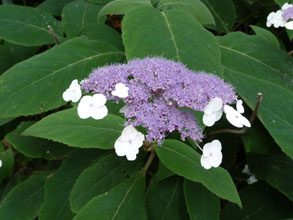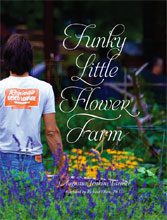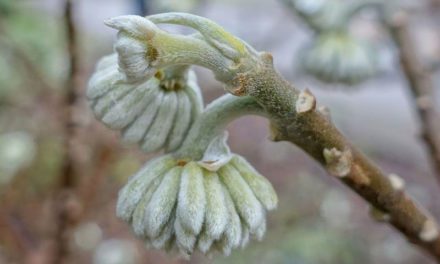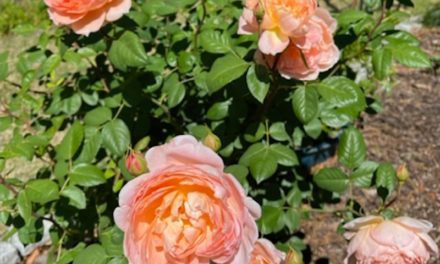 We garden for a variety of reasons. I love flowers. I also enjoy the wildlife, insects, butterflies and birds that come to visit the flowers.
We garden for a variety of reasons. I love flowers. I also enjoy the wildlife, insects, butterflies and birds that come to visit the flowers.
Plant-a-holics will buy plants as a form of “shopping therapy” whether they ever get planted or grow outside.
We take flowers to people in the hospital or when they are sick. No wedding would be complete without bouquets and sprays of gorgeous blooms.
Some of us go to the discounted sale rack to buy plants that have passed their shelf life expectancy. We hope to nurture them back to their beauty and potential.
Humans are connected to the plant kingdom in several obvious ways. We need to breathe oxygen for life. Plants on the other hand take in carbon dioxide and give off oxygen as a byproduct of photosynthesis. Plants also produce the food, shelter and fibers that we need.
Caring for plants involves so many elements that keep our minds and bodies healthy. Physical exercise: using brain and muscles, can burn calories and build healthy bones. If you get the added pleasure of a fresh vegetable, herb, or flowers for the table, you have added value to your hobby. Research shows that simply looking at a pleasant view affects the sensory and pleasure centers of the brain. When we are able to shift our focus away from our everyday problems we are more able to relax, and to relieve stress and depression. It is true that the more you do, the more you feel like doing.
Gardening is also a metaphor for life. We have success and failure. We may have pesky problems, but we can get out and try again to find solutions to the problems. Gardens have weeds (many of which are really wildflowers) and some of them are also edible.
Insects and diseases are a part of nature. A garden that doesn’t have a healthy supply of worms and grubs and beetles isn’t in very good shape. Be sure that your garden has a birdbath or water feature with some cover nearby. The birds are very good at patrolling the yard for troublesome insects. Remember that only 3% or less of the insects in your garden are considered “pests” and they are bird food. A water feature may also have the added therapeutic sound of moving water and the garden’s orchestra of frogs, crickets, birds, and cicadas.
Every gardener needs to have benches, chairs and hammocks in place for meditation and appreciation of the hard work. My best thinking is done sitting down, but sometimes we even need to slow down the thinking. Relaxation should be a goal instead of “hortitorture.”
Plants and gardening provide beauty, fragrance, taste, auditory, tactile, emotional, physical, mental elements in our lives. It is not an accident that we have the connection to nature. We can improve our sense of well-being by our stewardship of the land and enjoy the beauty of this world wherever we find it.






